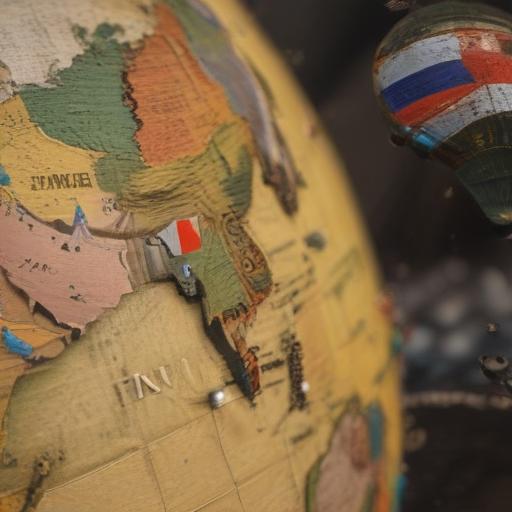On Monday, U.S. President Donald Trump expressed strong criticism towards India for its ongoing purchase of Russian oil amidst the conflict in Ukraine. He accused New Delhi of profiting from the war, suggesting that India is indifferent to the suffering caused by the conflict. Trump’s comments were made via a post on Truth Social, where he stated that India not only buys significant amounts of Russian oil but also resells portions of it on the open market for substantial profits. He warned that as a consequence of these actions, he would be implementing a “substantial” increase in tariffs on India.
The remarks indicate escalating tensions between the Trump administration and India over the latter’s failure to align with Western sanctions aimed at isolating Russia. Previously, Trump’s administration had hinted at a 25% tariff on India starting August 1, for purchasing Russian energy and defense supplies.
White House deputy chief of staff Stephen Miller also voiced similar sentiments during an interview on Fox News, stating that India’s level of Russian oil purchases is comparable to that of China, which he deemed “astonishing.” In addition to this, Miller criticized India for imposing high tariffs on American products and alleged discrepancies in immigration policies.
Despite Trump’s claims, Indian officials have not confirmed any significant change in oil purchases. Ministry of External Affairs spokesperson Randhir Jaiswal highlighted that decisions regarding energy imports are made based on market conditions. Commerce Minister Piyush Goyal reaffirmed India’s status as the fastest-growing major economy and stressed the importance of acting in the nation’s interests.
This situation reflects a complex dynamic in international relations, particularly as countries navigate their economic dependencies and geopolitical alignments amidst ongoing global conflicts. It remains to be seen how India will respond to the escalating trade tensions, but it is clear that both countries have significant stakes in maintaining their economic exchanges while managing political pressures.
